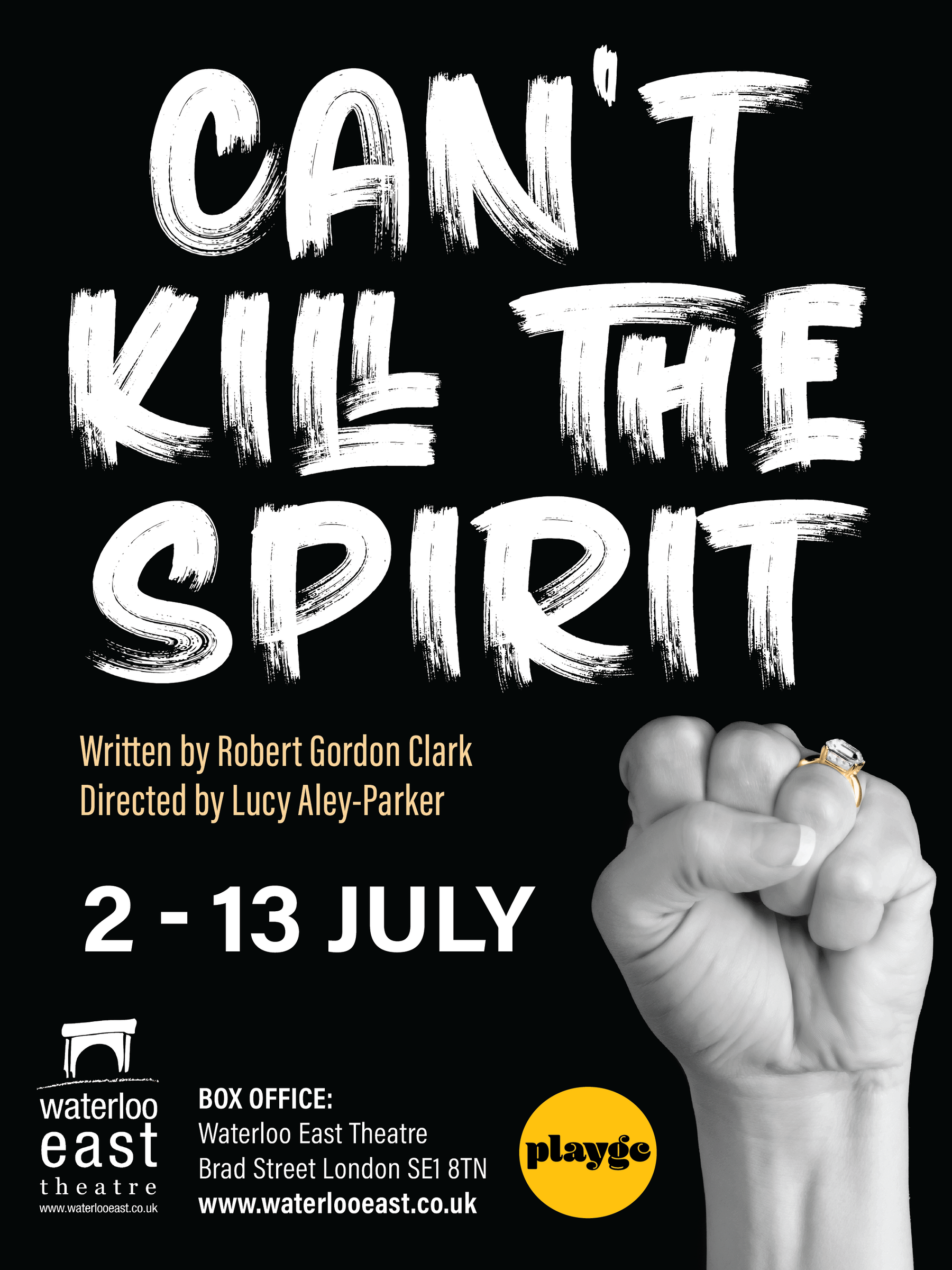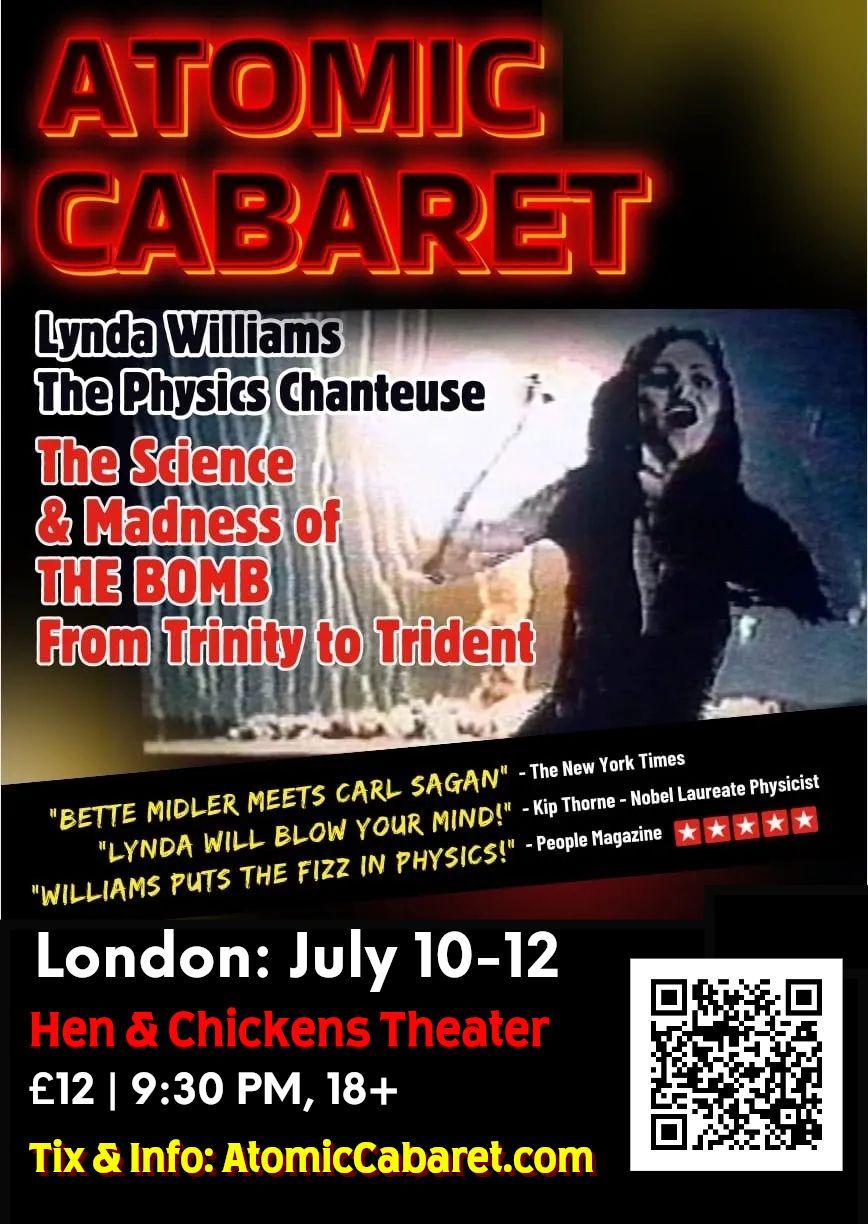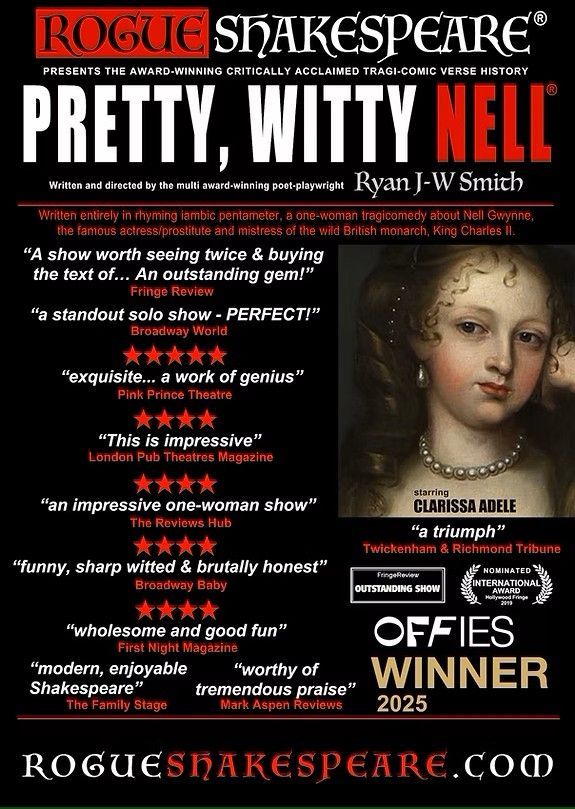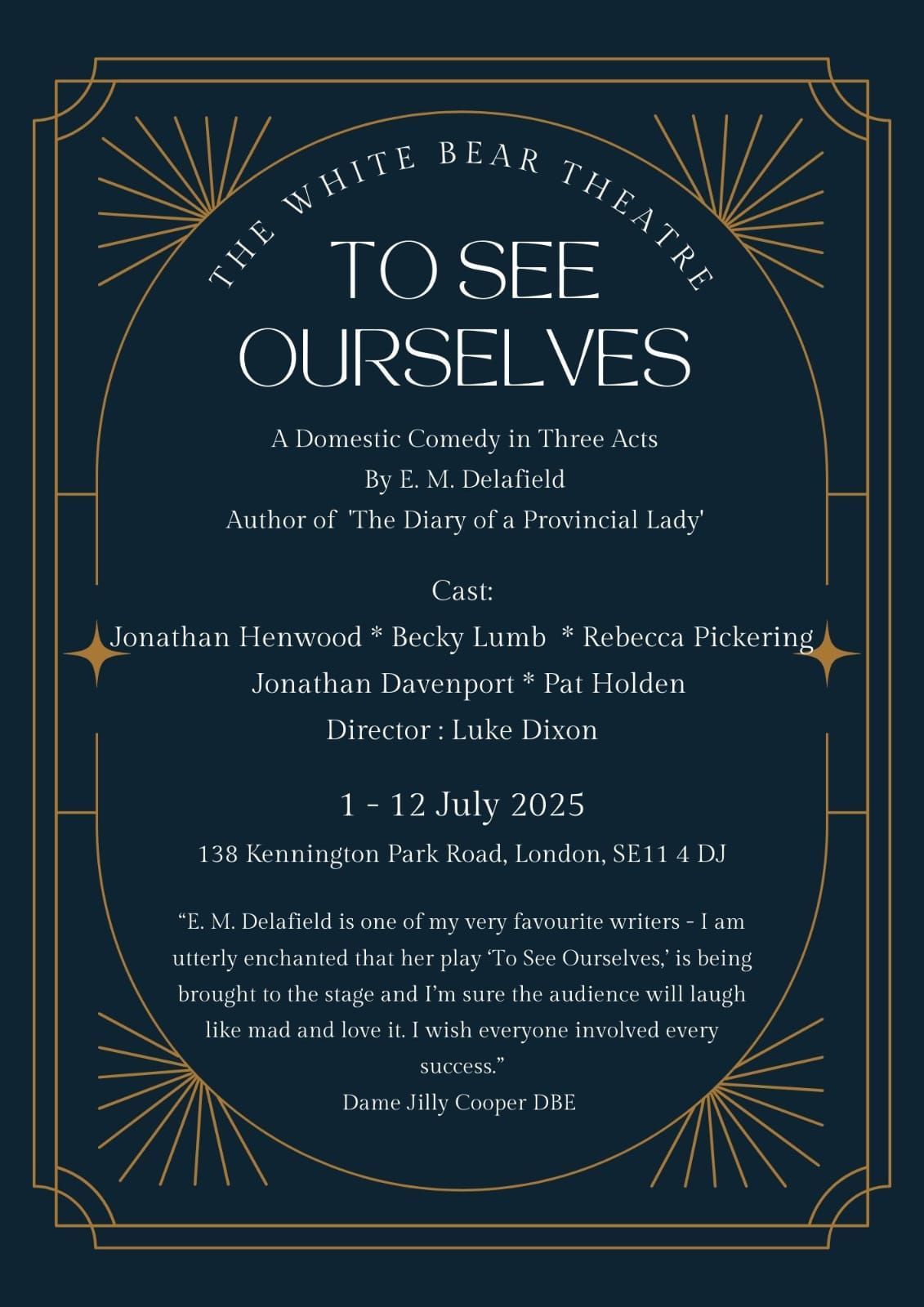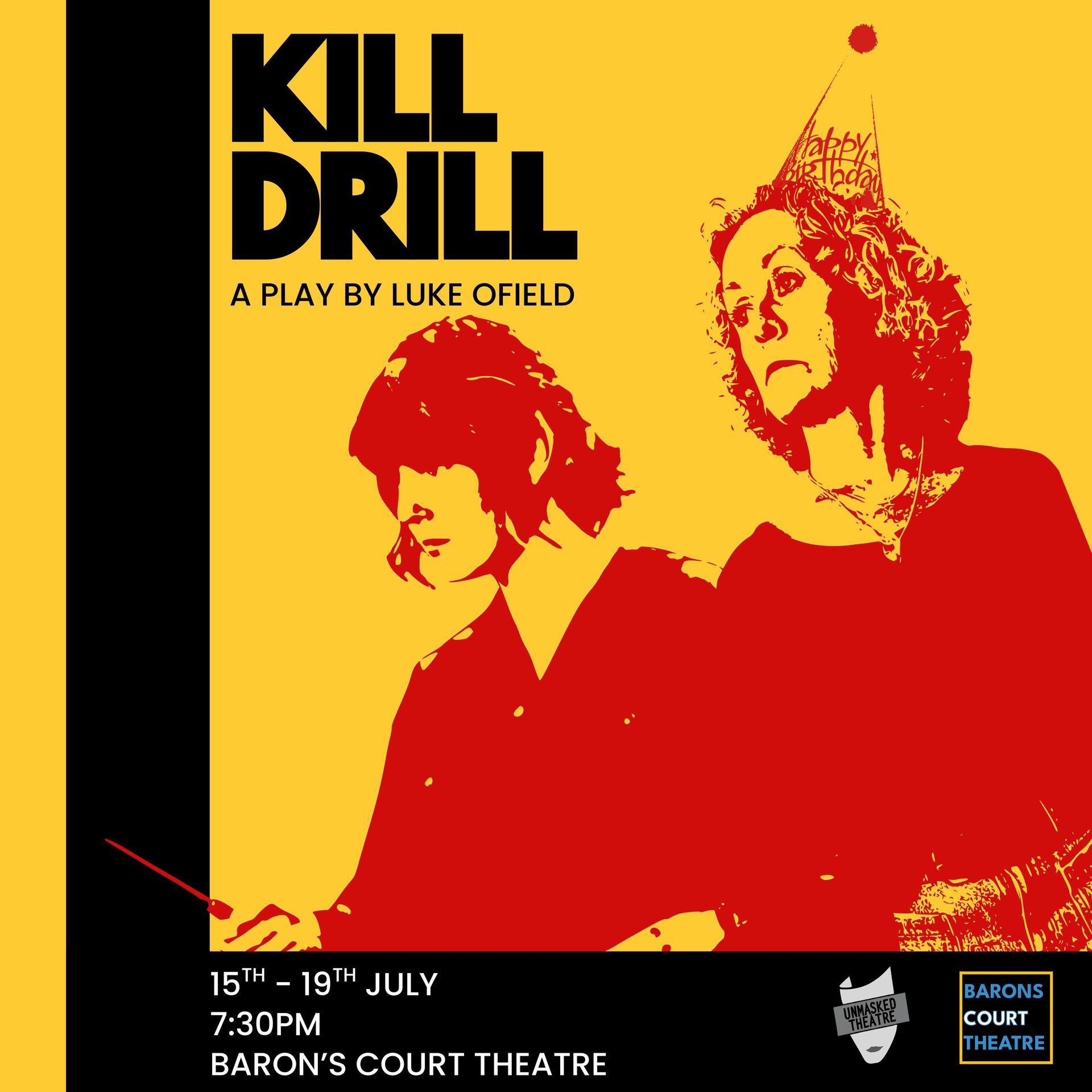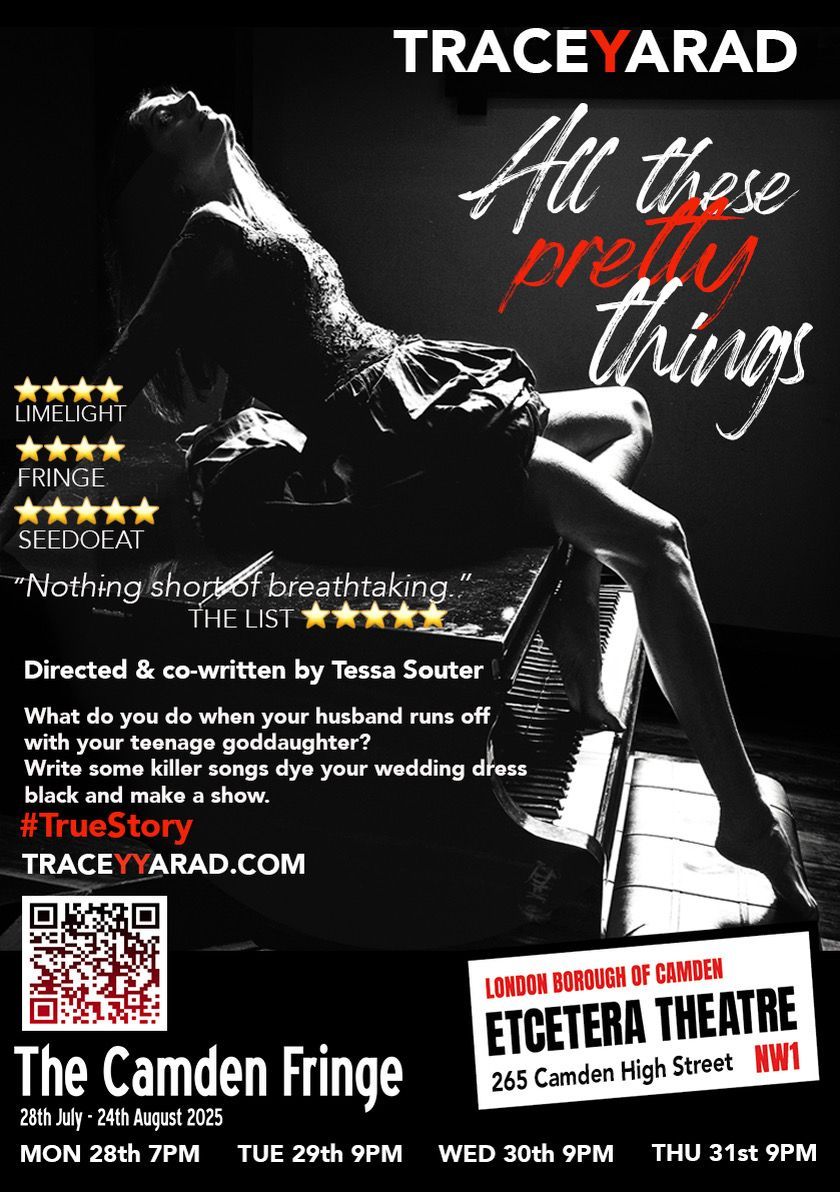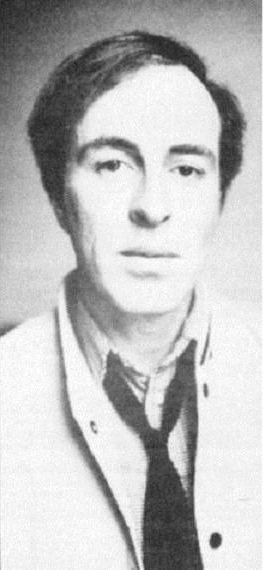Featuring Robert Calvert
ROBERT CALVERT (1945 – 1988) is best known as Hawkwind's prescient space-rock poet and early member of the band; but he was also a playwright, futurist, poet, lyricist and story writer.
Interview BELOW with Nick Calvert on his father’s legacy, and putting together Calvert’s life's work for an anthology
ROBERT CALVERT: AN ANTHOLOGY OF POEMS, PROSE AND PLAYS
Clyvedon Press is honoured to be publishing a new Anthology of Robert Calvert's work, comprising of three casebound volumes and a CD.
For more details and to register your interest (in purchasing a copy of the Anthology) please send your contact details to Chris Purdon, the publisher at calvert.anthology@talktalk.net
THE CLONE'S POEM
(which became the lyrics to Hawkwind’s 1977 song Spirit of the Age)
I am a clone.
I am not alone.
Every fibre of my flesh and bone
Is identical to the others’.
Everything I say is in the same tone
As my test tube brothers’
Voice.
There’s little choice
Between us.
If you had ever seen us.
You would rejoice
In your uniqueness
And consider every weakness
Something special of your own.
Being a clone
I have no flaws
To identify.
Even this doggerel that pours
From my pen
Has just been written by
Another twenty telepathic men.
Word for word.
O for the wings of any bird
Other than a battery hen.
INTERVIEW WITH NICK CALVERT ON HIS FATHER'S LEGACY
Nick’s mother Jill was the first person to take on the responsibility for the task of looking after the legacy. After her recent death, Nick continued working on it. “It was important for me to understand my dad and I am very grateful to be able to have a conversation of sorts with him through his work” says Nick. “Having become a father, (my son was born ten months after mum died), solidified how important these things are.”
Fortunately, all the plays that have been shown at Pentameters Theatre are still in the possession of the Artistic Director, Léonie Scott Matthews. “Léonie has been very helpful; she had copies of most of the plays,” says Nick. His main fear is that that if Léonie stopped producing Calvert’s plays, they would stop forever. There are copies of some of his performed plays in the British Library, but Nick is conscious that other plays might be lost. “A lot of people have written to us about ‘Brilliantino’, a musical play with original compositions… unfortunately the music is lost but we found the only copy of the text in existence” says Nick.
Calvert wrote from a garden shed and some of his work remained in boxes for many years after he died, proving too painful for the family to investigate. “They contained a lot of his written work including many unfinished plays” explains Nick. “One of the plays called ‘Test Tube Baby of Mine’ really stands out. It’s explores the classic themes of nature\nurture but predates a lot of the Hollywood films that also do this. It’s a dark comedy about two geneticists who create a super-humanly bright child, however there is a mix up and the child is raised by another set of parents.”
Although Nick's father died when he was 6 years old, he has good and detailed memories of him. “My childhood memories are of him being a pretty normal father” says Nick. “He was a very imaginative. He’d make up a lot of stories and we’d record them on cassette tapes”. Nick found some of these cassettes after his mother died, along with letters Robert sent to Jill which describe the two making up plays about smugglers and stories in the locality in which they lived. “Mum was in hospital while dad was touring in the late 80s, and he took me along. It seemed strange but looking back, knocking about in the tour bus with the band seemed normal at the time. I was well looked after, sitting at the back of venues while the band played, and in the van back to the hotel.”
Interview continues below
CIRCLE LINE
For you next time you’re sitting on the tube. The poem itself won the Capital Radio Poetry competition in 1975.
Seeing that I still had eight more stops
To go, and had already read
The maps and advertisements from end to end,
And studied my own double-
Eyed, four-eye-browed freak
Of a reflected face for far too long; I took
To noticing another. Through a kind
Of snooker-shot of glances
Aimed against the glass, I could see her
Staring; but could not be sure
If it was at me. I smiled,
And saw her turn to speak
To someone next to her. I also turned:
And unexpectedly our eyes engaged
For just the instant that it takes for looks
To rocket through the tunnels
Of an unguarded gaze, and arrive
At the real self. Badly shaken
With embarrassment, we both looked back
At our images: safely imprisoned
In the hurtling stillness of the glass.
Interview continued
One of Nick’s favourite pieces of work is the novella ‘There at The Turnstiles’. It’s about a young boy from the suburbs who finds his way into the 60s counterculture in London. “It’s not necessarily biographical, but I believe it covers a lot of personal themes for Dad from that particular time,” says Nick. “As someone who didn't live through that period, any view I have will be inauthentic, but it seems clear there was an explosive alteration in the way that people were thinking. In the 60s there was a sudden burst of new ideas with a velocity that feels quite different from today. Of course, drugs probably played a part in that. The character of 'Fat Pat' in the novella explores the darker side of this and is someone who has a negative experience with psychedelics.”
Calvert was inquisitive and did extensive research in libraries. “He was constantly performing a kind of low-level ambient research all the time,” says Nick. “The year before he died, he’d written a play about a private detective who worked solving internet-based computer crime, considerably ahead of its time. He was fascinated by scientific concepts, cloning, designer babies, technology but he always had an interesting moral view too. He was always looking ahead. And he made some good guesses about where we were heading.”
